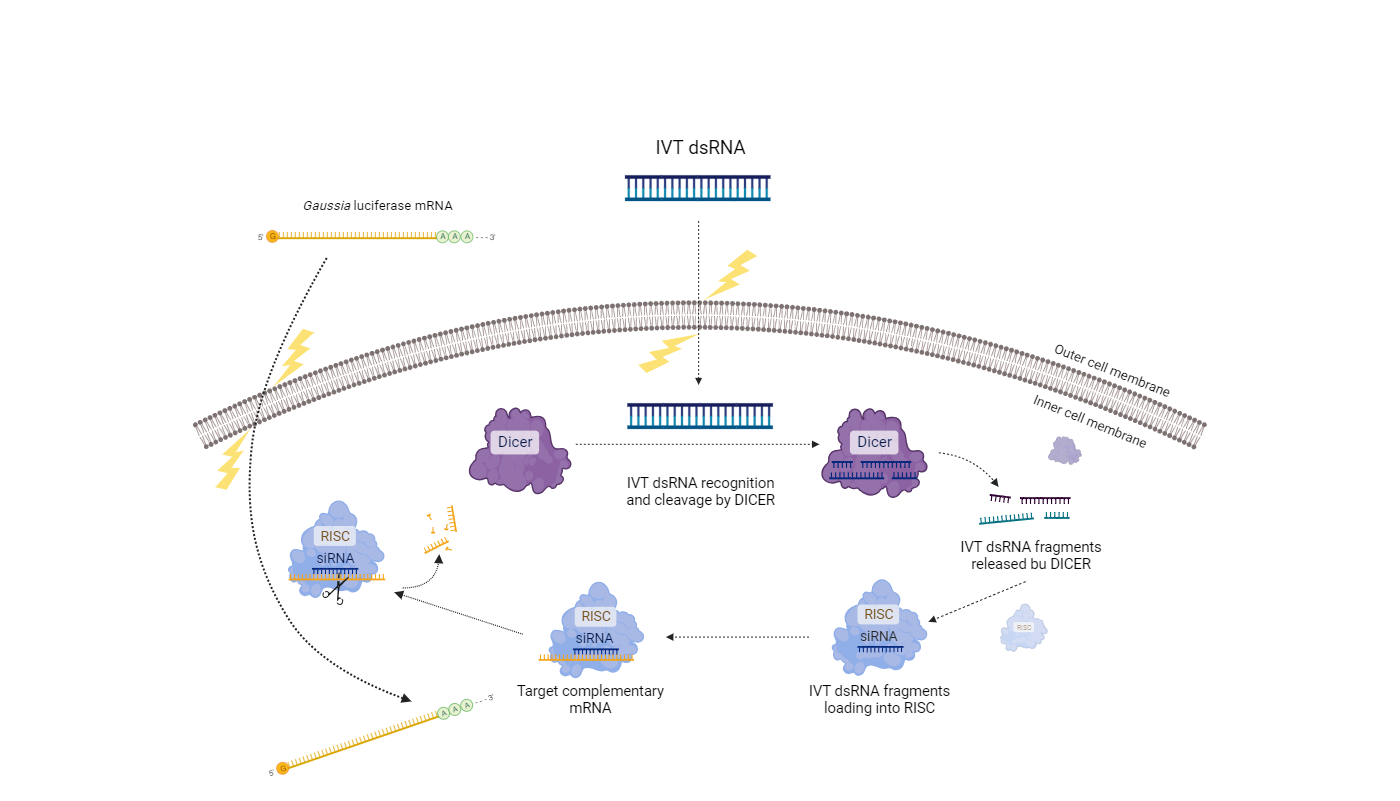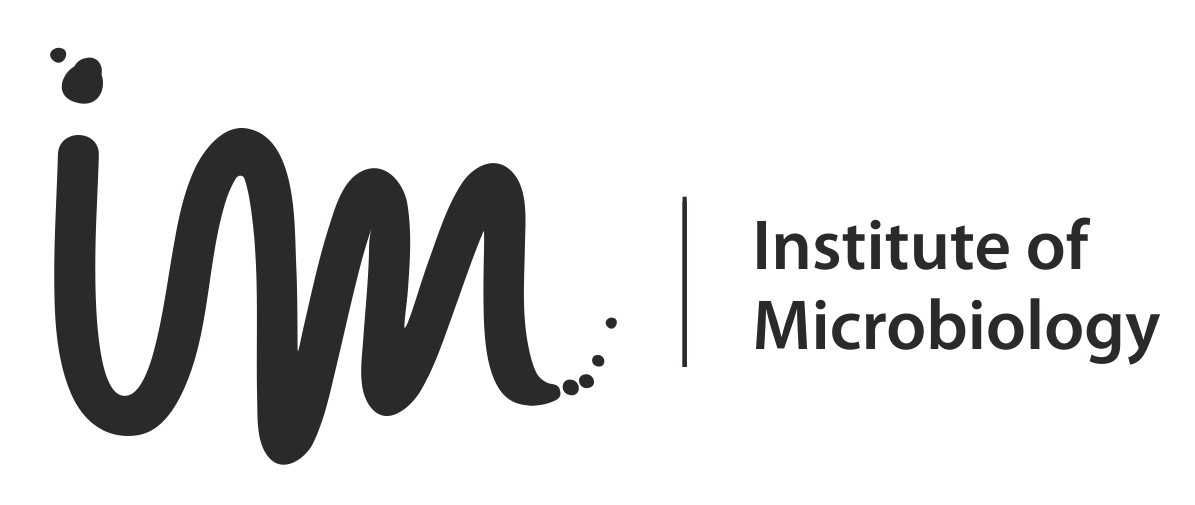Role of the RNAi in antiviral defense

23 11 2023
Category: IM Seminar
We would like to invite you to the institute seminar: on Monday 27th of November at 2 pm in 102B room, Michał Kitowicz from the Department of Environmental Microbiology and Biotechnology will give a seminar entitled „ Deciphering the role of the RNAi pathway in antiviral defense strategy of mammalian cells ”.
Abstract:
Understanding the cellular mechanisms of detection and eradication of infections caused by RNA viruses is crucial for the effective fight against the diseases they cause, many of which (incl. influenza, hemorrhagic fever, and COVID-19) pose a huge epidemic threat. A common feature of the replication cycle of RNA viruses is the formation of long double-stranded RNAs (dsRNA), which are potent pathogen-associated molecular patterns (PAMPs) that activate the cellular response. In differentiated mammalian cells, the main mediator of the antiviral response is the interferon-dependent pathway. Recent reports suggest that in undifferentiated cells, an analogous function may be fulfilled by the RNA interference (RNAi) pathway, which ceases to function when the ability to interferon response is devleoped. The aim of my research is to analyze the mechanisms of degradation of exogenous dsRNA by cellular endonucleases DICER and Drosha, which are involved in the RNAi pathway in mammals. I also plan to check whether the degradation process is influenced by the presence of nucleotide epitranscriptomic modifications in dsRNA.
